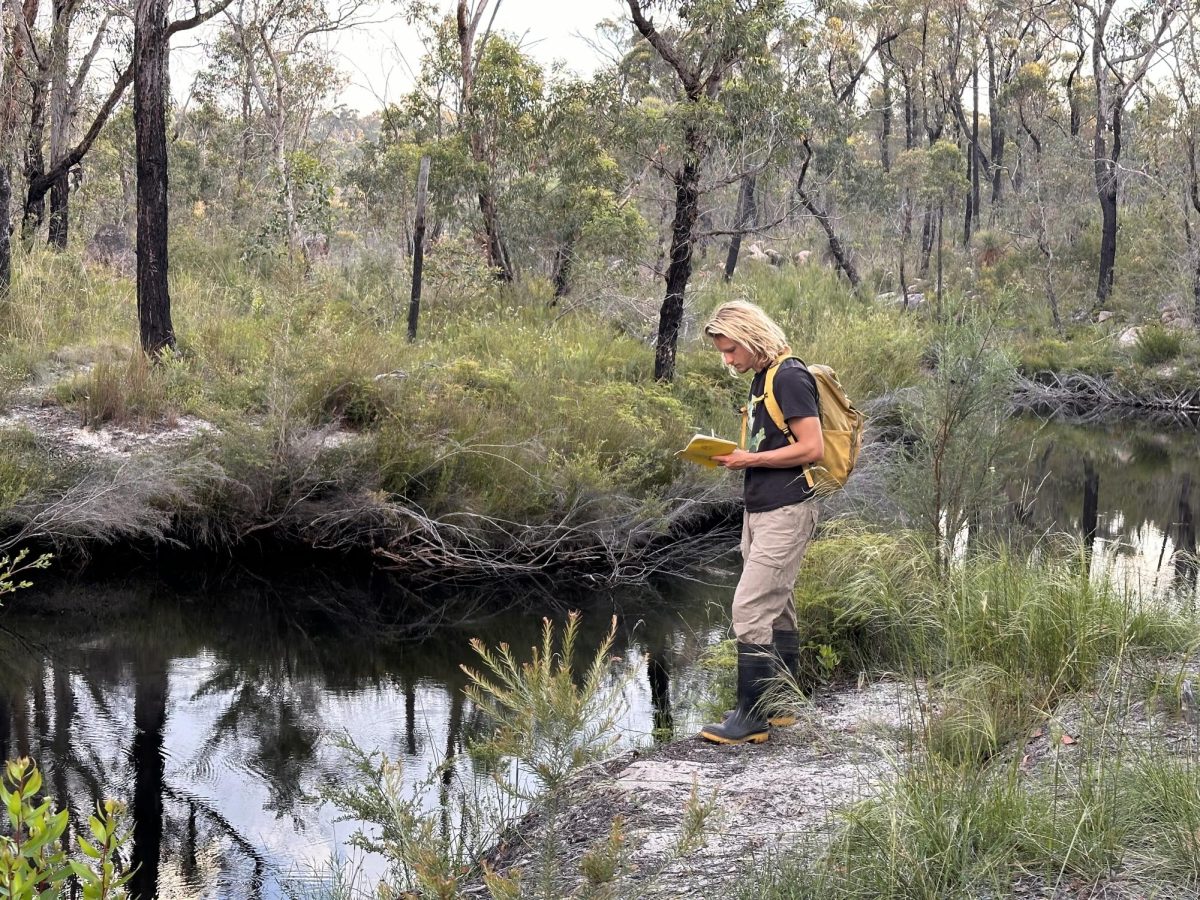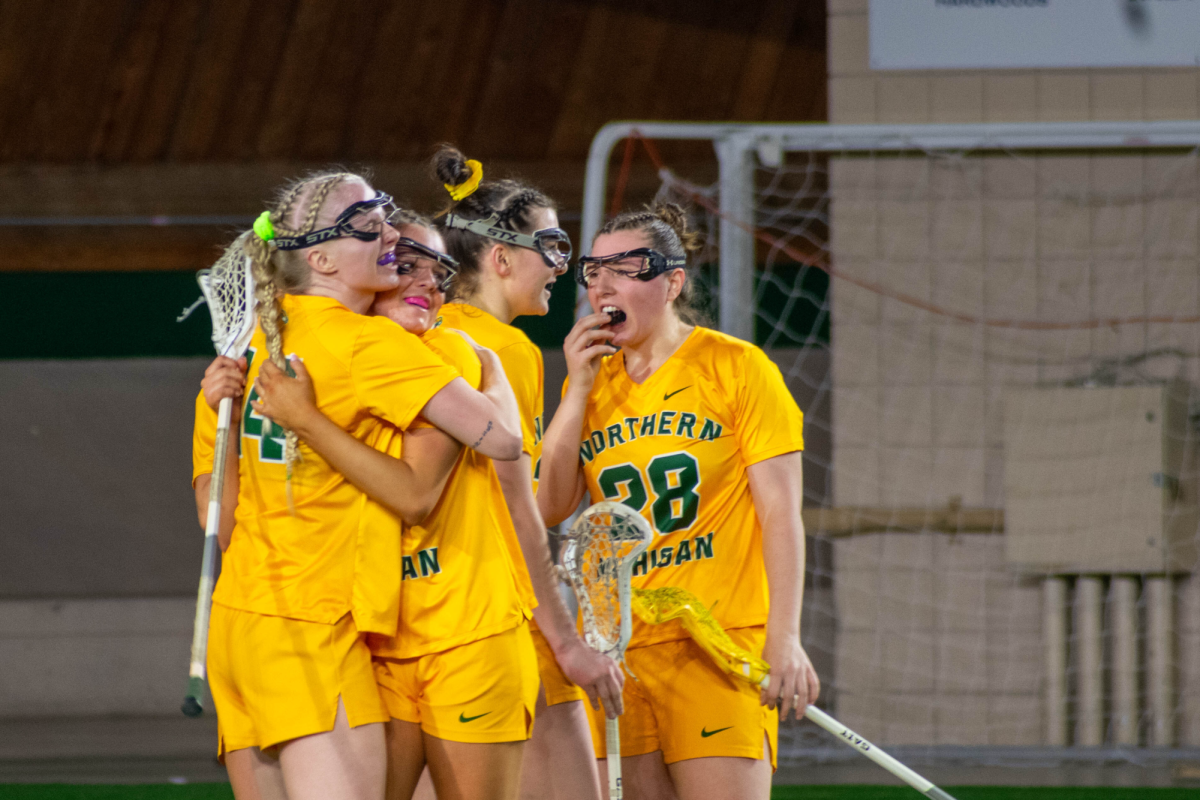Northern faculty members learned the proper tools and guidelines to identify and help students who are approaching emotional crisis during an online audio seminar held last week.
A total of 21 faculty members attended the seminar, which was produced by Magna Productions and sponsored by the office of Academic Affairs at NMU. The seminar alerted university professors, faculty and staff to the warning signs of a student in distress, and how to offer those students the support they may need.
The attendees heard from two presenters, both who are experts in the areas of student behavior, health, safety and risk management.
Brett A. Sokolow is the President of NCHERM, the National Center for Higher Education Risk Management and is also the author of 10 books on student affairs law.
The second presenter, W. Scott Lewis, is the assistant vice provost of judicial affairs and academic integrity at the University of South Carolina and the chair of its Behavioral Intervention Team.
The seminar stressed that faculty are often on the frontlines when it comes to determining whether or not a student may be having trouble.
“It is the duty of the professor to manage the environment in which they provide instruction,” said Lewis.
The presenters provided a model for dividing students in question into four categories of escalating severity: disruptive, distressed, disturbed and dysregulated.
A disruptive student may cause disturbances in the classroom, according to the presenters. Distressed students may be moving towards emotional crisis. Disturbed students often exhibit erratic and socially inappropriate behavior and may be out of touch with reality, according to Lewis. Dysregulated students exhibit suicidal or other self-injurious behavior and may be hostile and aggressive, he added.
Both Sokolow and Lewis stressed that faculty should be cautious and not hesitate to contact the appropriate officials as soon as they have concerns about a student.
Lewis and Sokolow offered suggestions on when and how to approach a student and when a referral to campus counseling services might be warranted.
In the case of disturbed and dysregulated students, contacting police services is often necessary, especially if a faculty member fears for the safety of the student or others around them, said Lewis.
When it comes to Northern’s campus, faculty and staff are encouraged to seek guidance as soon as they feel uneasy regarding a student, according to NMU’s General Counsel and Equal Opportunity Officer Cathy Dehlin.
Faculty and staff can contact Counseling and Consultation Services (CCS) for tips on what to do or how to handle particular situations according to Thom Stanger, director of CCS. The CCS Web site is also a valuable tool for faculty members seeking advice in these matters, said Dehlin.
New to Northern is the Behavioral Review Team, an official vehicle for determining appropriate action for students who may need help, according to Dehlin. The review team includes members from CCS, Student Services, Public Safety and the Dean of Students Office. Representatives from Housing and Residence Life and the Vielmetti Health Center may also become involved if the student in question resides on-campus or has health concerns, said Dehlin.
However, in the event of an emergency, the situation will be handled immediately, without waiting for the Behavior Review Team to convene, according to Dehlin.
Dehlin, who organized the audio seminar, said that it is crucial to keep lines of communication open between the Behavioral Review Team, faculty and administration when helping a student who may be in distress.
“Our theme needs to be communication, communication, communication,” she said in a discussion held after the seminar.
She also advised the attendees to always “err on the side of safety,” and contact NMU Public Safety if they fear someone may be in danger, including themselves.
Barbara Coleman, associate professor of health, physical education and recreation, attended the seminar and said she felt that without a doubt it was beneficial to faculty members.
“It really underscored the university’s commitment to safety and maximizing the success of students,” she said.






















